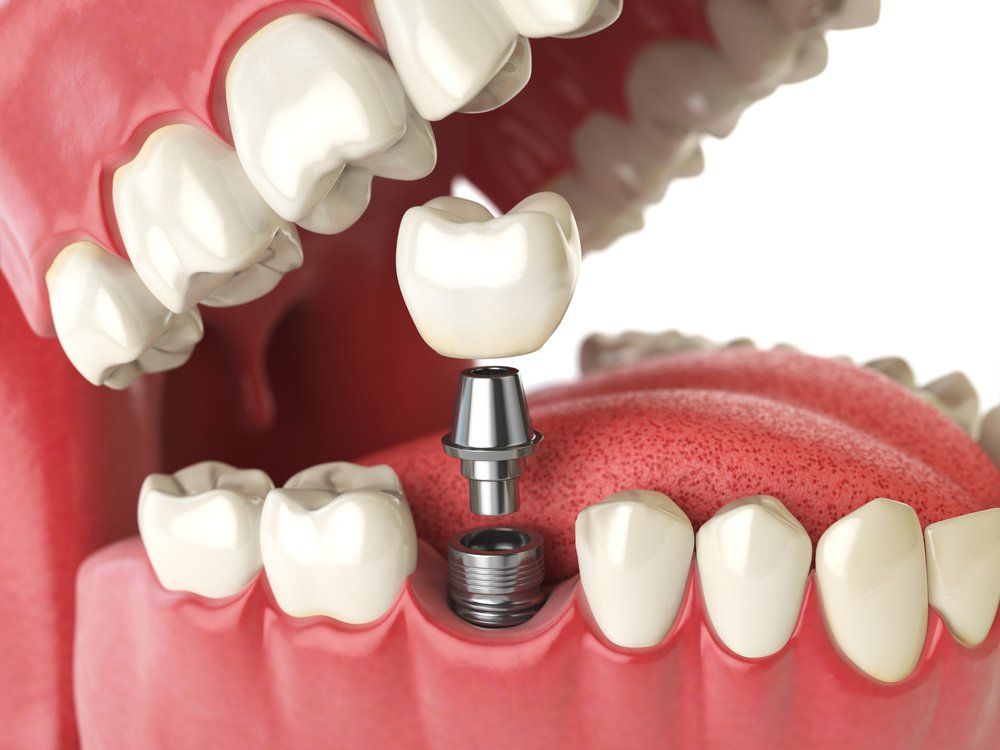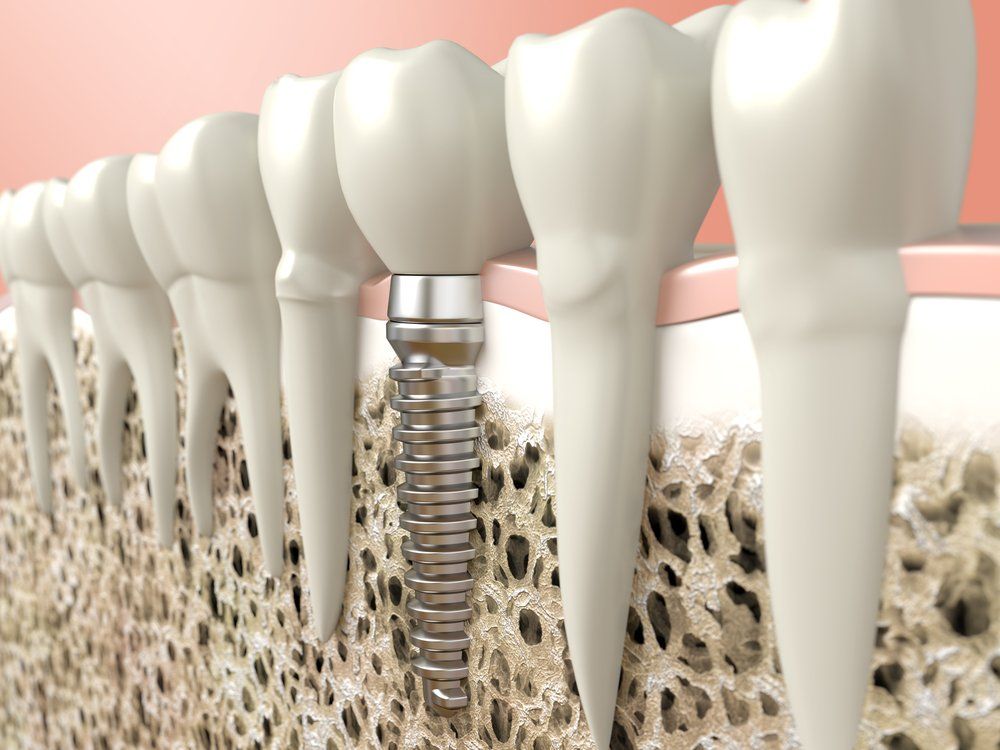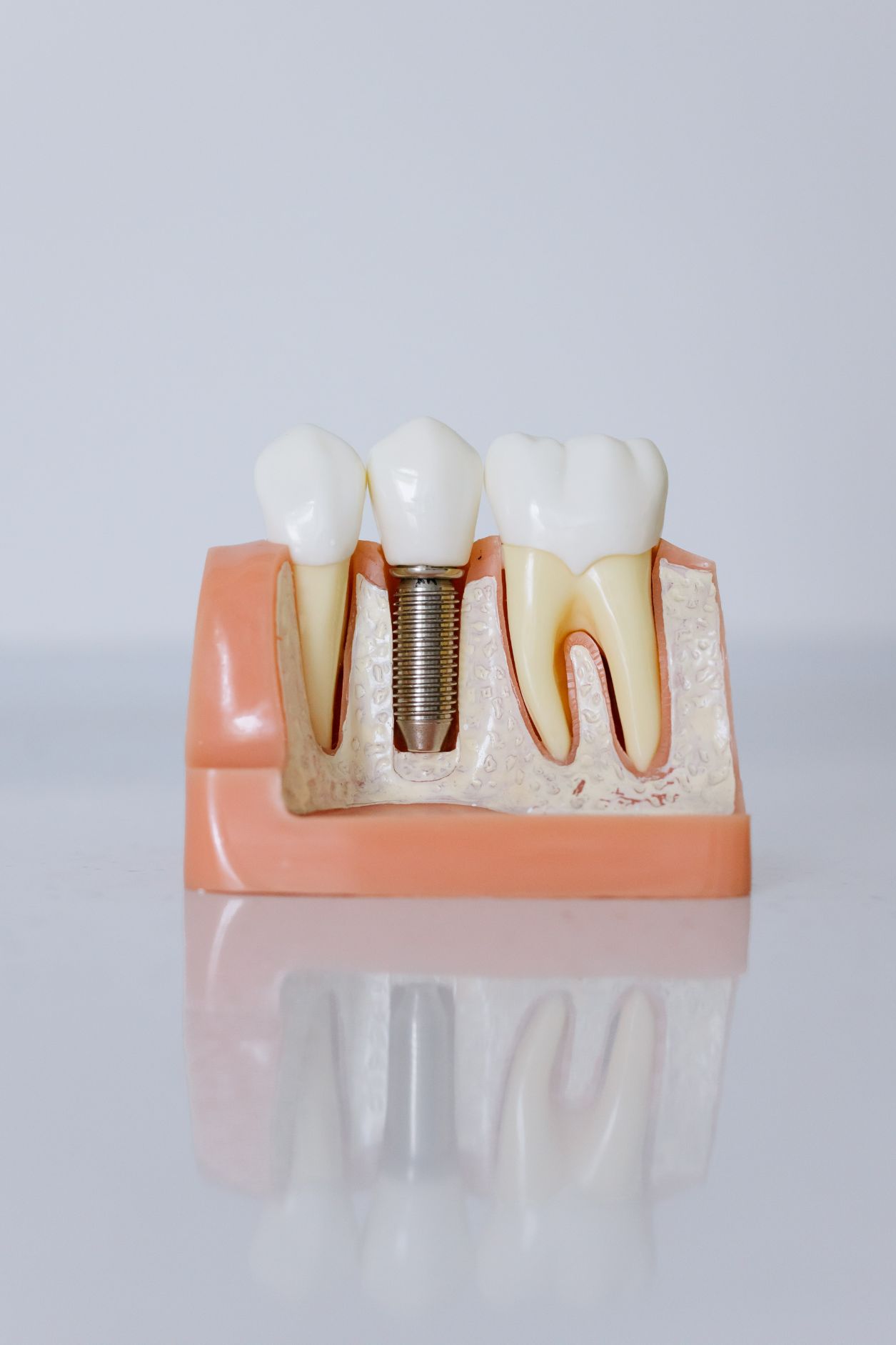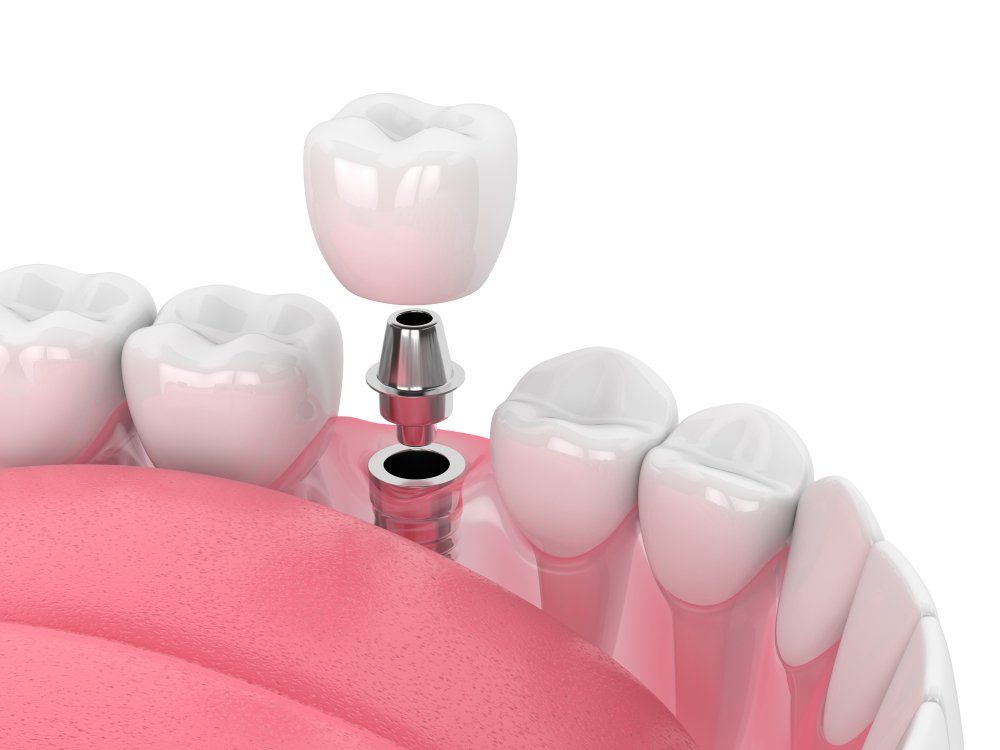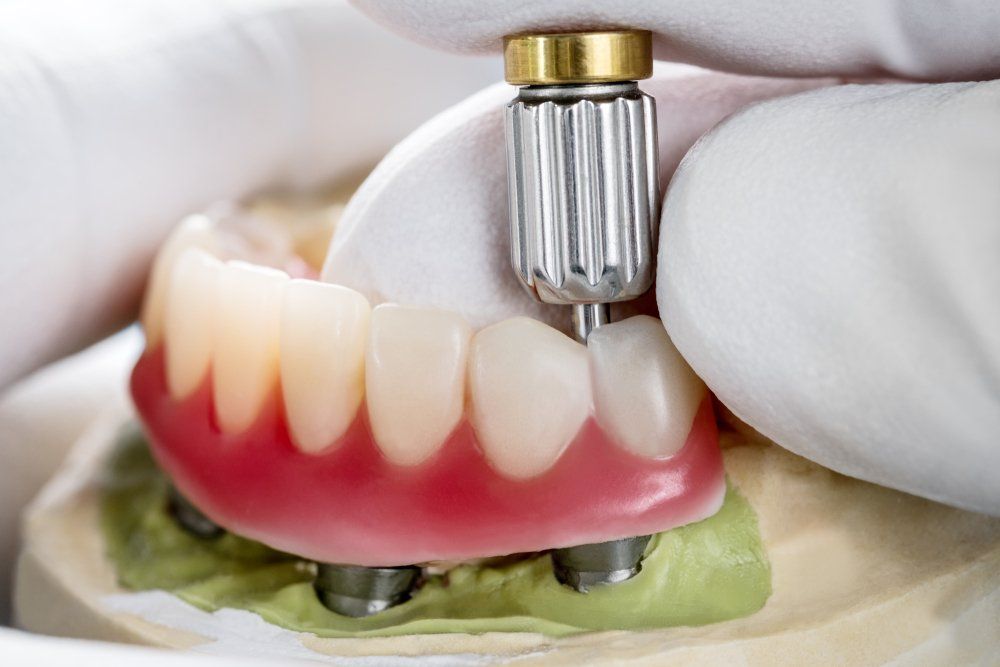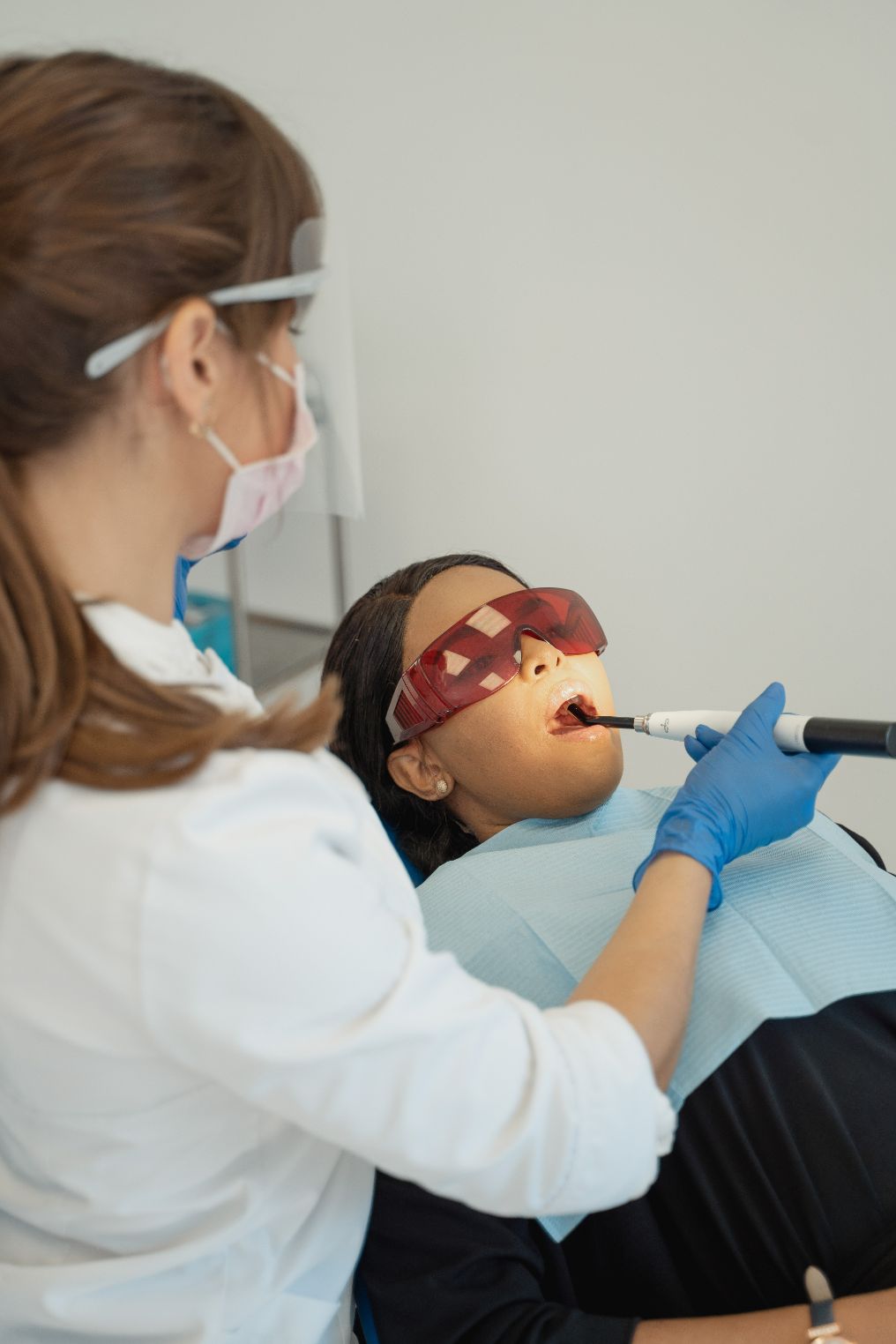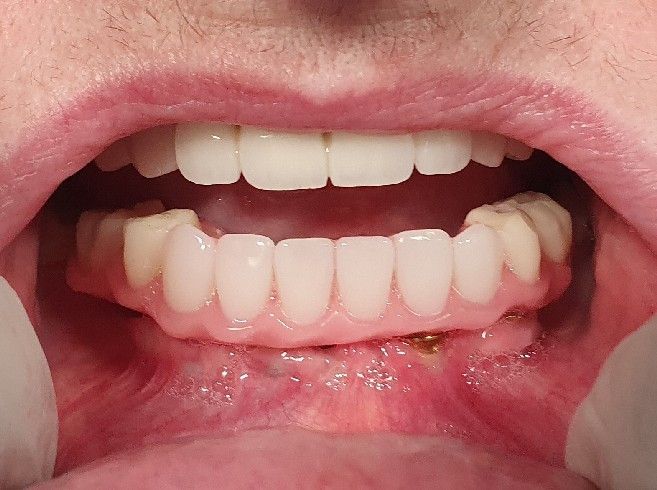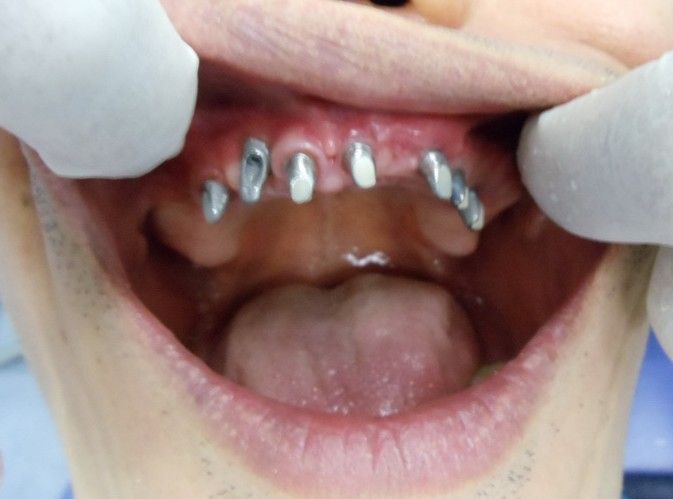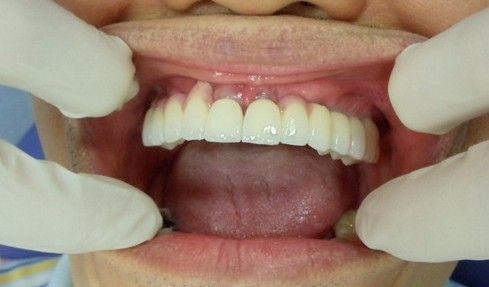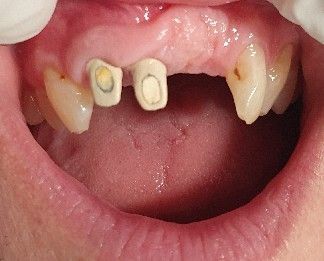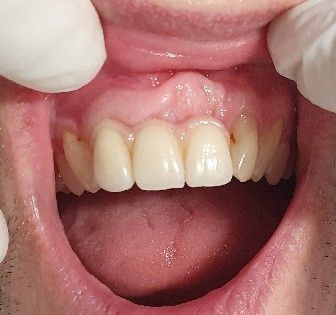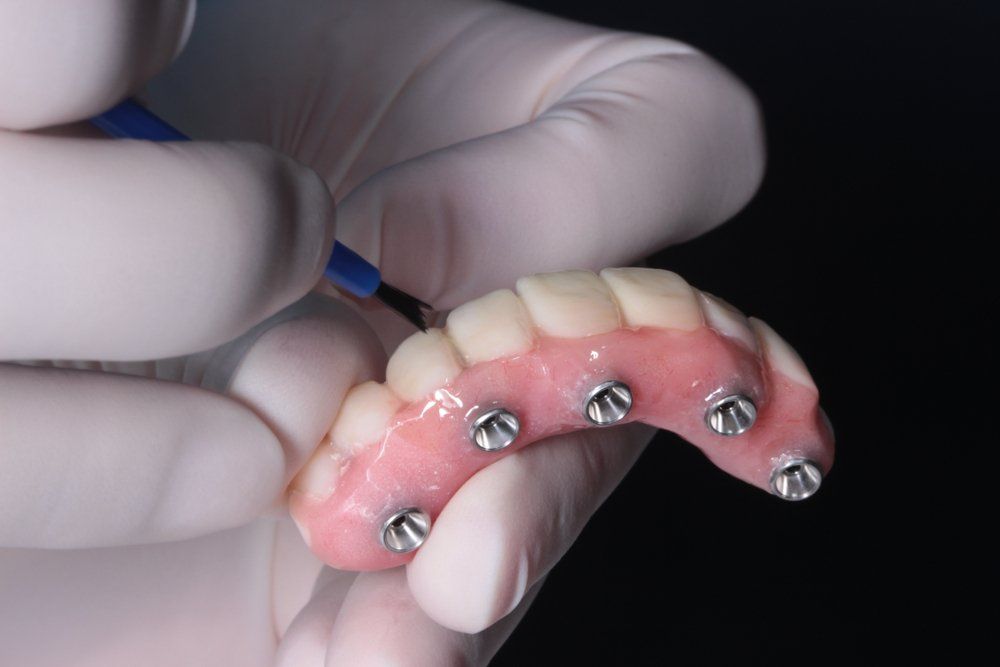Dental Implants Cairns
- Comprehensive Dental Care
- Gentle & Family-Friendly Approach
- Advanced Technology & Preventative Focus
- Pay Later Options Available
Request a Callback
What Are Dental Implants?
These are man-made titanium posts implanted into the bone to substitute the missing, natural teeth. This is an alternative to bridges and/or dentures. The implants and crowns are attached and function just like real teeth. The crown ‘artificial tooth’ is attached to the implant using an abutment.
What’s so good about dental implants in Cairns?
- They help withstand greater bite pressures
- Bone loss in the jaw is prevented
- They help prevent hollowed or collapsed cheeks
- May prevent gum decline
- Do not require reshaping of healthy teeth around them
- Usually, dentures are less comfortable than implants
- Care for implants just like real teeth
At The Dentist Cairns Dental Group, we understand that getting dental implants is a big decision. Our team will work with you to ensure that you make the best decision for your smile and oral health. Schedule a consultation with us today to learn more about dental implants in Cairns and how they can benefit you.
What Happens Before Surgery?
There are some exceptions to having implants done. These exceptions include the following:
- Age: Children younger than 17 years are not usually considered suitable candidates as they are still growing. Otherwise, age isn’t a restriction.
- Bone loss – if you lack sufficient bone, then you may not be suitable for implants and thus may need to undergo grafting procedures beforehand.
- Bone replacement techniques can be used in some cases to build enough bone for the implant site. Your dentist will be able to help confirm if this option is available to you.
- Smoking can impair healing and may not allow the implant to integrate with the bone.
- If you are pregnant, some medications and general anaesthesia may cause harm to your unborn baby.
- Certain conditions, alcohol/drug abuse and psychological illnesses may make this treatment unsuitable as instructions and directions may not be followed correctly.
Things To Tell Your Dentist
Do I have to give my dental and medical history?
Your full dental and medical history and a current list of medications will need to be given to your dentist, as the success of the implant and your full recovery are influenced by what medications and illnesses you may have had.
Particular things to tell your dentist are as follows:
- Any kind of blood disorder like Hemophilia
- Rheumatic fever
- Any heart surgery or heart problems
- Facial radiotherapy
- Medication taken regularly — like aspirin & Warfarin
- Allergies to anaesthetic drugs
- Allergies to antibiotics or other medications
Will I need to have any tests done?
Yes, your dentist will perform diagnostic tests to confirm eligibility for the procedure and what the best treatment approach will be. The tests they may perform are listed below:
- Photographs
- Examination
- X-ray radiographs
- CT scans of your jaw
- Dental casts of your mouth
The size, shape and appearance of the artificial teeth are based on the surrounding teeth. If you have any concerns or questions about this, then discuss this with your dentist.
Be aware that not all implants produce ‘life-like’ results. Everyone is different and unforeseen challenges can arise. It can take time to get used to biting and chewing again as this will feel a little different to natural teeth; however, most people have few problems, if any.
The main thing to remember is good oral hygiene—natural teeth or not. Should the implant need to be replaced, even if the surgery is successful, this may be because:
- Grinding
- The location of the implant has altered
- General health
- Commitment to looking after your teeth
- Smoking
Contact us to learn more about our options for dental implants in Cairns.
Caring For Your Dental Implants in Cairns
Implants are designed to last for many years, but like natural teeth, it depends on your oral hygiene. Good dental habits are crucial. Plaque is the enemy of both natural teeth and dental implants. It can cause inflammation of the surrounding gum and can lead to bone loss around the implant itself. After implant placement, it can take around 14 days for the new gum to mature. Again, maintaining regular dental visits is vital to your oral health.
Techniques
PIEZOSURGERY for minimally invasive surgery.
Piezosurgery is a relatively new technique that is gaining popularity in implantology, periodontics and oral surgery. This device produces specific ultrasound wave modulation for extreme precision and safety during bone surgeries. Moreover, the device produces less bleeding during and after the procedure, and the healing process is shorter.
This device is used routinely at the practice for procedures like tooth extractions/wisdom tooth extractions, bone grafting and during implant surgeries. The device does not produce any damage to any other vital structures (nerves, blood vessels, sinus membrane etc.) in relation to the surgery. This reduces your stress and makes the procedure more comfortable and acceptable.
Platelet Rich Fibrin (PRF)
- Platelet Rich Fibrin is a revolutionary and new method that produces faster healing of both the soft and hard tissues.
- The use of PRF for regeneration of soft and hard tissues is done by using the patient’s own blood to prepare so as to make the blood cells (platelets, Leucocytes, BMPs) which help in wound healing available.
- The benefits of the use of PRF have been disputed by a few, but its use has no documented side effects.
- PRF has been used as an adjunct for bone regeneration and wound healing by Dr Nirav for the past ten years, with positive outcomes.
Why Choose Our Dental Implants Service?
Choosing dental implants is a significant decision, and we aim to make the process as clear and supportive as possible. Our approach begins with a comprehensive assessment of your needs and clear communication about available options. We focus on planning carefully, guiding you through each step, and supporting your long-term oral health.
- Each treatment plan is tailored to your individual goals and oral health status.
- We use advanced digital imaging to map out implant placement in detail.
- You’ll receive guidance and check-ups throughout the healing process.
- We offer a range of implant solutions, including single-tooth and multiple-tooth replacements.
- Ongoing care and maintenance support are part of our long-term approach.
Looking into dental implants in Cairns? Start with a personalised consultation at our Cairns clinic.
Before
After
Before
After
Before
After

